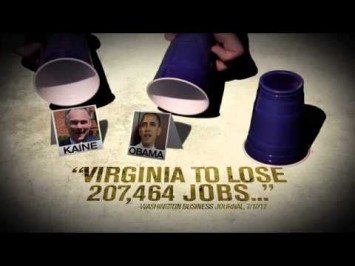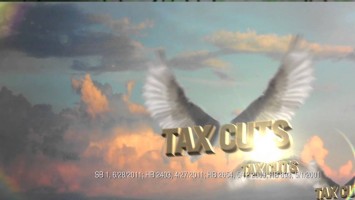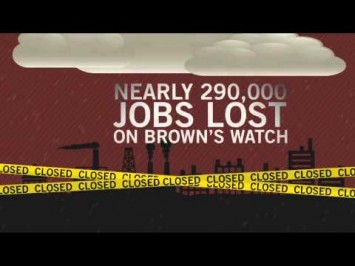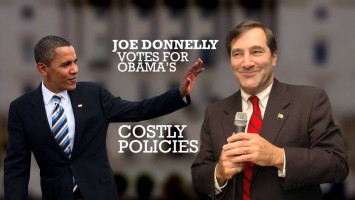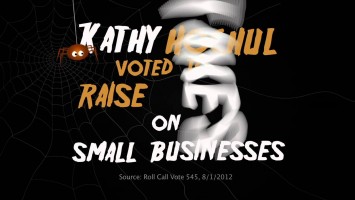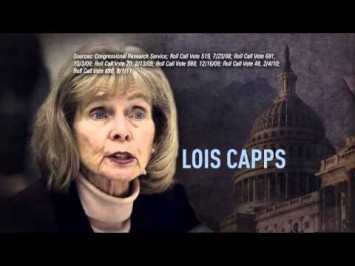American Crossroads: “No Slate”

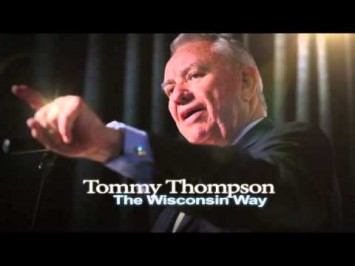
Calling her an “extreme politician,” American Crossroads suggests Rep. Tammy Baldwin (D-WI) voted to raise taxes on the middle-class, citing her support for health care reform. But the Affordable Care Act does not raise taxes on most Americans and actually reduces the overall burden on the middle class. The law also reduces future Medicare spending without cutting seniors’ current benefits. Meanwhile, the rising debt in recent years has been fueled by the recession and Bush policies, such as tax breaks for the wealthy that Baldwin opposed.
Read more after the jump.



